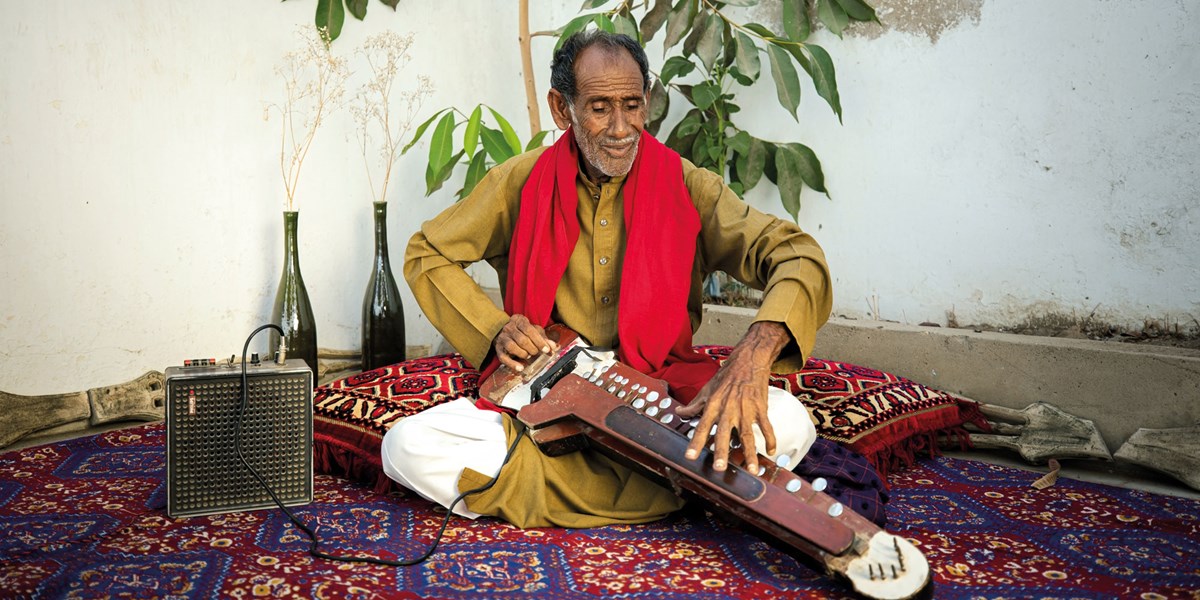Wednesday, October 19, 2022
My Instrument: Noor Bakhsh and his benju
Chris Menist speaks to the Pakistani master of the keyboard-fitted zither, which holds a central role in the music of Balochistan


Register now to continue reading

Thanks for visiting the Songlines website, your guide to an extraordinary world of music and culture. Sign up for a free account now to enjoy:
- Free access to 2 subscriber-only articles and album reviews every month
- Unlimited access to our news and awards pages
- Our regular email newsletters

